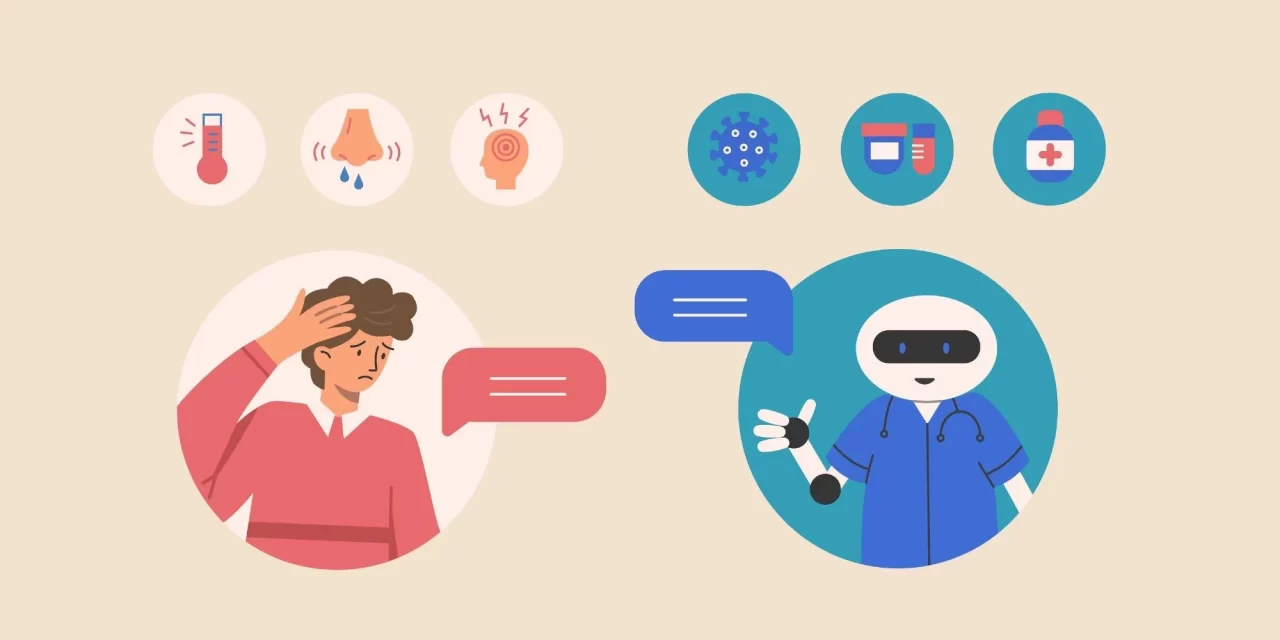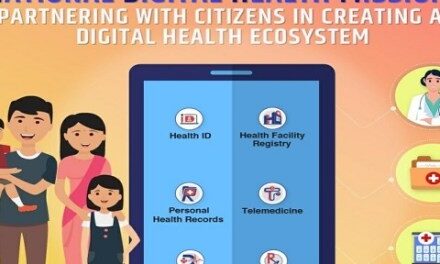Binge Eating Disorder: An Overview Binge Eating Disorder (BED) is a severe psychiatric condition characterized by recurrent episodes of uncontrolled overeating. This disorder can lead to significant health issues, including obesity, type 2 diabetes, and hypertension. Beyond physical health, BED adversely affects an individual’s quality of life, social relationships, and occupational performance. Without timely intervention, BED can progress to a chronic state, increasing the risk of premature death.
Cognitive Behavioral Therapy and Challenges in Treatment Cognitive Behavioral Therapy (CBT) has been proven effective in treating various eating disorders, including BED, bulimia nervosa, and anorexia nervosa. However, multiple barriers, such as lack of clinician awareness, high treatment costs, and sociocultural stigma, prevent many individuals from seeking in-person therapy.
The Rise of Web-Based Interventions Technological advancements have paved the way for more accessible treatment options. Web-based cognitive behavioral interventions have gained popularity due to their ease of use, availability, reduced social stigma, and cost-effectiveness. While preliminary studies have shown promise, more rigorous research was needed to confirm their effectiveness.
About the Study A recent study published in JAMA Network Open evaluated a web-based cognitive behavioral self-help intervention for BED. This randomized clinical trial (RCT) assessed changes in eating disorder symptoms, overall well-being, comorbid psychopathology, self-esteem, emotion regulation, and clinical impairment. Participants were recruited from across Germany and other German-speaking regions in Europe, aged between 18 and 65, and diagnosed with BED according to the DSM-5 criteria.
Participants were randomly assigned to either a waiting list (control) or a web-based treatment group. The treatment consisted of six mandatory modules, including psychoeducation, self-monitoring of binge eating, emotion regulation content, and interactive exercises. These modules were sequentially accessible to ensure personalized engagement.
Study Findings Out of 1,602 patients initially considered, 154 met the eligibility criteria and were recruited. The results showed significant improvements in the intervention group compared to the control group. Specifically, the intervention group reported fewer binge-eating episodes, reduced global eating psychopathology, and lower clinical impairment. These improvements were on par with or better than those seen in previous digital and in-person CBT interventions.
The study also highlighted the intervention’s positive impact on comorbid conditions like obesity and overall quality of life. Participants’ motivation, attitudes towards online interventions, demographic characteristics, and treatment expectations played a crucial role in the intervention’s effectiveness.
Conclusions and Future Directions This study confirms the clinical applicability of web-based cognitive behavioral self-help interventions for BED, demonstrating their potential to improve overall well-being and alleviate adverse health conditions associated with the disorder. However, the study’s limitations include the under-representation of male and older participants and potential bias due to the self-report design. Future research should aim to address these limitations through methodologies like double-blind designs.
Journal Reference: Pruessner, L., Timm, C., Barnow, S., et al. (2024). Effectiveness of a Web-Based Cognitive Behavioral Self-Help Intervention for Binge Eating Disorder. JAMA Network Open. doi:10.1001/jamanetworkopen.2024.11127











